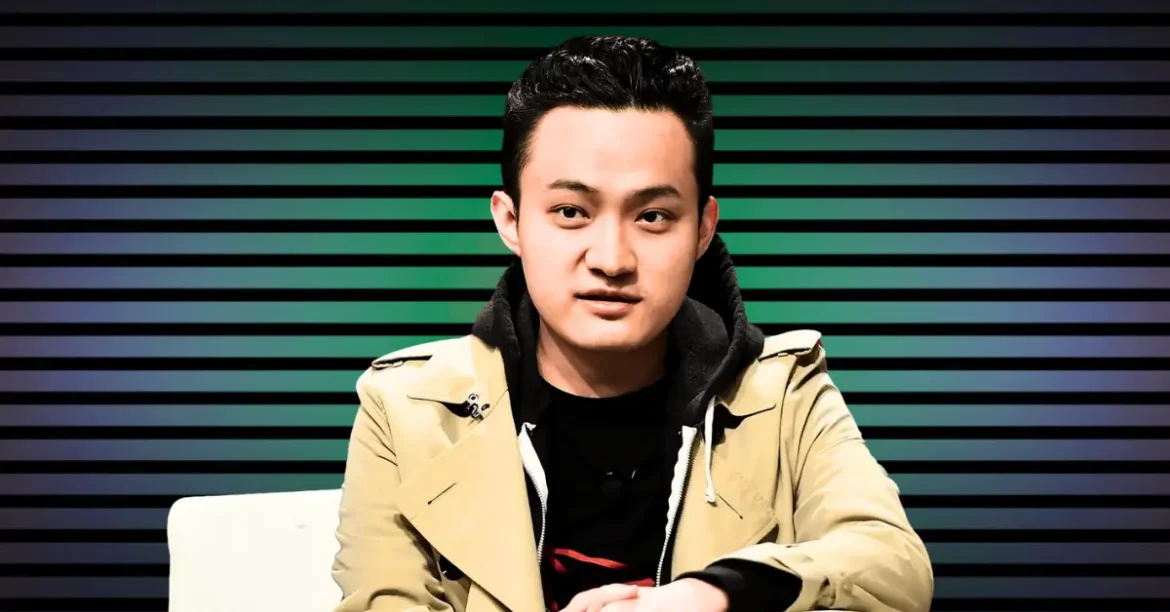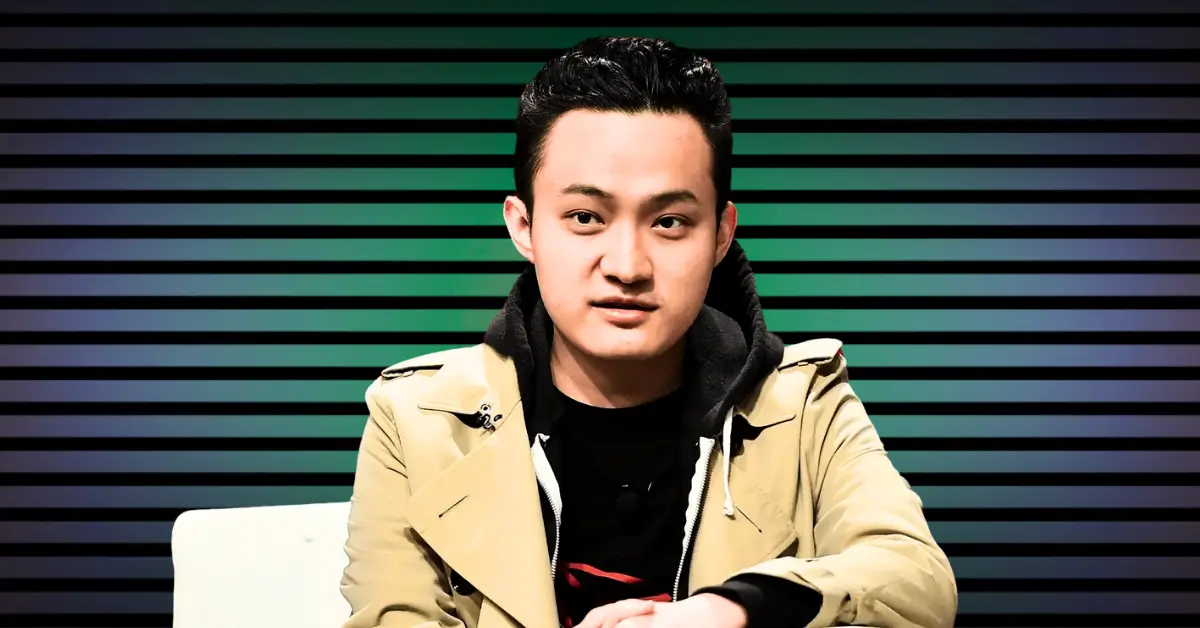The intersection of high-profile politics and cryptocurrency has taken an intriguing and controversial form with former President Donald Trump’s promotion of a meme coin and a gala dinner attended by top investors, including crypto billionaire Justin Sun. This convergence of crypto finance, political celebrity, and international investment has provoked intense scrutiny, debate, and allegations that ripple through regulatory, ethical, and geopolitical realms. A comprehensive analysis of the situation unveils the motivations, controversies, and broader implications wrapped around Trump’s meme coin, Justin Sun’s key role, the investor event, and the surrounding discourse.
Justin Sun and the Trump Meme Coin: A Billionaire’s Stake in Crypto-Political Ties
Justin Sun, founder of the Tron blockchain platform, has emerged as the single biggest individual holder of the token known as the TRUMP memecoin. Sun invested over $18 million into the token and also contributed $75 million to World Liberty Financial, the Trump-affiliated crypto venture channeling a majority of its revenues to Trump-owned entities. His financial commitment places Sun at the forefront of this crypto-political nexus.
Sun’s past includes legal challenges such as a lawsuit filed by the Securities and Exchange Commission (SEC) accusing him of fraudulent manipulation of a crypto token market and undisclosed celebrity promotions. Although the SEC paused its civil fraud case amid regulatory uncertainty, these allegations cast a long shadow on Sun’s involvement, raising questions about the integrity of the investments fueling Trump’s crypto project.
Despite critics branding the TRUMP memecoin’s promotional activities as “crypto corruption” or akin to political bribery, Sun defends the initiative, arguing that skepticism misses the point. He lauds Trump’s embrace of crypto as a farsighted move that could restore the U.S. as a global hub in blockchain innovation—a perspective revealing the ideological as well as financial stakes involved.
The Gala: Power, Profit, and Perceptions of Corruption
In early May 2025, Trump hosted an opulent dinner at his golf club for the top holders of the TRUMP memecoin, with reports confirming combined investments nearing $148 million from attendees. This gala included notable figures such as NBA star Lamar Odom, a roster of international crypto investors, and several business moguls led by Sun himself.
The event has drawn bipartisan backlash. White House spokeswoman Karoline Leavitt emphasized that Trump’s assets were placed in a blind trust managed by his children, framing the dinner as compliant with ethical standards. Yet Democratic officials and watchdogs have denounced the gathering as emblematic of corruption, questioning the constitutional propriety of effectively granting prime access to the president in exchange for large crypto purchases. Protests labeled the assembly a “crypto corruption club,” highlighting unease about the mingling of personal wealth accumulation with presidential influence.
The event’s invitation list revealed a global influx of crypto capital targeting direct interactions with Trump—many holders being foreign nationals, including Sun, a Chinese-born billionaire. This international dimension exacerbates concerns over national security, influence peddling, and the potential leverage elite foreign investors could acquire through such access.
Regulatory and Ethical Complexities: SEC, Ethics Office, and Legislative Scrutiny
Regulatory bodies remain cautious and divided. The SEC’s litigation against Justin Sun underscores federal concerns about fraudulent market conduct in crypto. However, the pause in that case and the apparent tolerance of a presidential affiliate’s crypto ventures deepen uncertainty about regulatory consistency and enforcement vigor in this arena.
The U.S. Office of Government Ethics has declined to comment on the dinner or the broader memecoin project, leaving a vacuum filled primarily by partisan critiques and watchdog observers. Efforts by lawmakers, particularly Democrats, to investigate or introduce new bills targeting these crypto-related practices are underway, reflecting rising legislative interest in curbing what some frame as systemic corruption risks.
The blurred lines between private business ventures linked to the Trump family and official presidential influence heighten these ethical dilemmas, raising questions about the adequacy of blind trusts and the governance mechanisms intended to prevent conflicts of interest.
Broader Implications: Crypto, Political Influence, and Global Financial Narratives
Trump’s memecoin endeavor epitomizes a new era in which cryptocurrencies are not just financial instruments but political tools and social symbols. The fusion of celebrity, crypto hype, and political power suggests a novel, if problematic, model for wealth and influence accumulation.
Justin Sun’s involvement illustrates how international actors navigate and invest in these hybrid domains, sometimes with unclear compliance or oversight. As Sun represents a controversial figure with past allegations of fraud, his prominence in a U.S. political context raises considerable geopolitical questions about foreign capital’s role in domestic political financing.
Furthermore, the meme coin’s model, especially as it routes significant fees and revenues directly into Trump-owned businesses, suggests a financial feedback loop leveraging political cachet to drive speculative investment. Whether this model proves sustainable or legal in the long run remains an open question, but the immediate effect has been an infusion of hundreds of millions into related ventures.
Conclusions: A Flashpoint of Contemporary Crypto-Political Entanglement
The Trump memecoin saga, with Justin Sun as its most prominent supporter, encapsulates the complex, often vexing realities of melding cryptocurrency innovation with the glare of political power. It challenges conventional understandings of regulatory boundaries, political ethics, and the global flows of capital and influence.
Sun’s massive stakes and vocal defense of Trump’s crypto adoption affirm the significant ambitions behind this phenomenon—not merely financial but ideological and geopolitical. Yet the unanimously critical reaction from opponents and observers highlights deep societal anxieties about corruption, transparency, national sovereignty, and governance in this evolving landscape.
The gala dinner stands as both a symbol and a flashpoint: an emblem of a new form of crypto-era patronage and political engagement that is exhilarating and fraught with peril. Whether this confluence heralds innovation or systemic risk will depend on regulatory responses, public scrutiny, and the unfolding actions of the key players, including Justin Sun and Donald Trump.
In jurisdictional and moral ambiguity alike, the drama around the TRUMP memecoin and its billionaire backers remains an essential story—one that both reflects and shapes the future trajectory of digital finance intertwined with political power.





